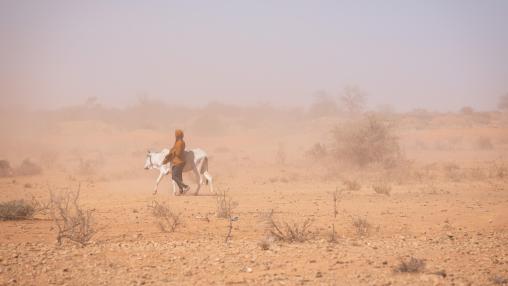
Ethiopia Remains in Need of Urgent Food Aid
While the record-breaking drought of 2020-2023 has eased and conflict in the region has largely ended, Ethiopia remains in need of significant humanitarian and food aid, according to a May report from FEWS Net. Populations in the northern Tigray region and the southeastern Oromia and Somalia regions continue to experience IPC Phase 3 (Crisis) and Phase 4 (Emergency) food insecurity, which could worsen even further in the upcoming lean season.
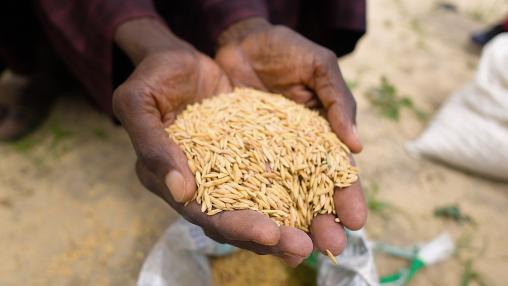
How to achieve food system transformation to prevent future food crises
With multiple crises plaguing food systems across the globe, Africa south of the Sahara remains particularly hard hit. As a result, policymakers and development partners in the region are faced with the need to balance sometimes conflicting priorities: ending hunger and reducing poverty, making diets healthier and more affordable, improving the productivity and livelihoods of smallholder households, and adapting to and mitigating the impacts of climate change.
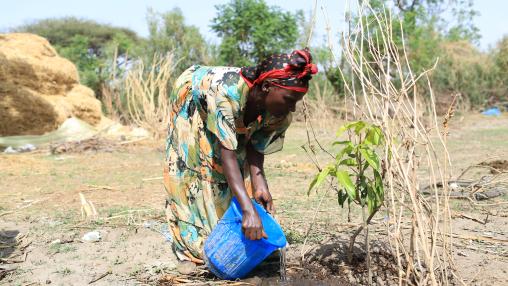
Increasing financial access in Ethiopia through mobile money
The mobile money revolution has begun to substantially increase financial access around the world. Mobile money accounts allow people previously excluded from the formal financial sector to access savings accounts, make payments to merchants, and make person-to-person transfers, among other services. Research has shown that mobile money access can have important effects on key outcomes such as improved resilience and food security.
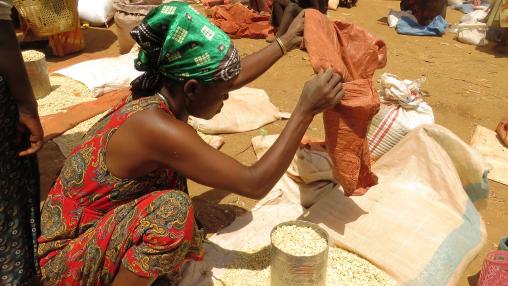
Estimating smallholder maize yields in Ethiopia with satellites and machine learning
Accurate and precise monitoring of agricultural output in developing countries is a crucial tool for the proper allocation of public funds and services, in addressing poverty, and in sustainably increasing yields to feed growing populations. But accurate crop yield estimation is particularly challenging in sub-Saharan Africa (SSA), where heterogeneous smallholder farms predominate, making data collection expensive and often subject to systemic bias.
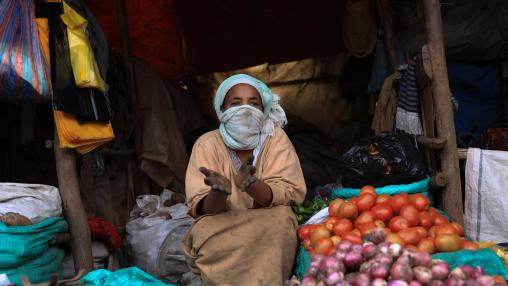
Value Chain Resiliency and COVID-19: Results from Ethiopia
As Ethiopia’s population has become increasingly urbanized over the past decade, more and more households have come to rely on markets, rather than their own farms, for their daily food needs. This dependence means that well-functioning agri-food value chains have become increasingly vital to food security for much of the population.
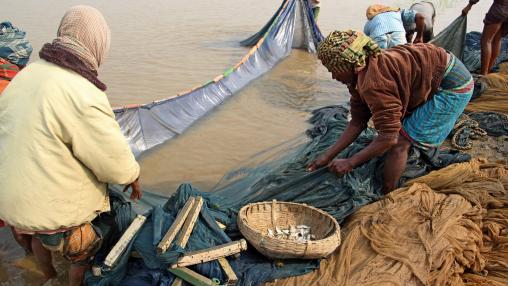
Impact of COVID-19 on National Food Systems
The CGIAR COVID-19 Hub has released updated policy notes regarding the impact of the COVID-19 pandemic on global and regional food systems. This latest series of updates covers several FSP priority countries, including Ethiopia, Nigeria, Malawi, and Bangladesh.
Funding Food System Transformation in Developing Countries: An example from Ethiopia
As countries develop national plans for food systems transformation, serious efforts are needed to mobilize the financial resources for design, implementation, and M&E. Ethiopia’s national plan, developed through Ethiopia’s UNFSS process, offers a valuable example of the evidence-based plans, investments, and activities that will require funding. This case will inform discussion of CGIAR work, developed for the UNFSS, on potential sources of funding for food system transformation activities.
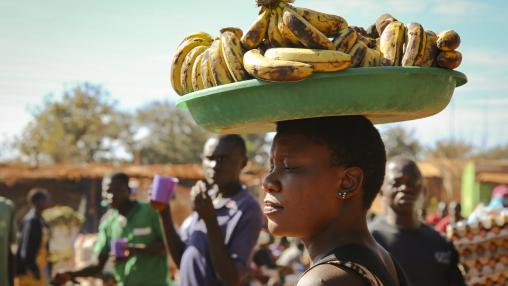
More African Countries Facing Acute Food Insecurity, According to Latest AGRA Food Security Monitor
The number of African countries facing acute food insecurity rose in June, according to the latest AGRA Food Security Monitor. The Food Monitor defines acute food insecurity as occurring when more than 50 percent of the population lacks access to sufficient food supplies. Acutely food-insecure countries in the region now include South Sudan (60%), Burkina Faso (59%), and Mali (58%).
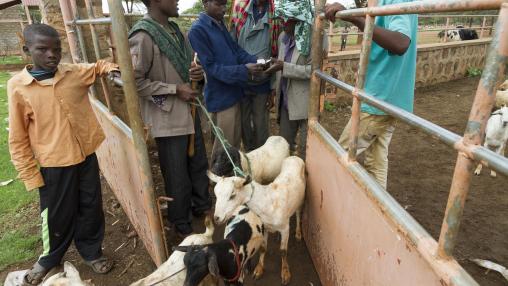
Policy-induced market distortions along agricultural value chains: Evidence from Ethiopia and Nigeria
This post originally appeared on IFPRI.org
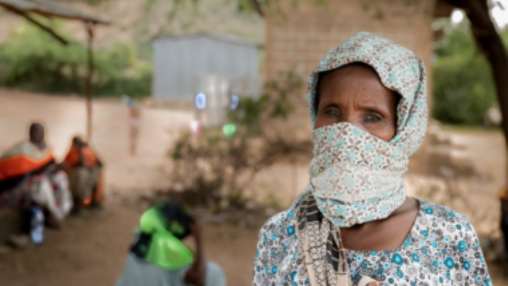
Ethiopia’s social safety net effective in limiting COVID-19 impacts on rural food insecurity
The COVID-19 pandemic is undermining food and nutrition security on a global scale. IFPRI estimates show that globally, 80-140 million people were at risk of falling into extreme poverty in 2020, more than half in Africa south of the Sahara. The World Food Programme estimated that globally, the number of people facing acute food insecurity could double in the same period. These impacts—stemming from lost incomes due to lockdowns, fear of exposure, and medical expenses, as well as disruptions in food markets and value chains—are severely testing social protection systems in many countries.